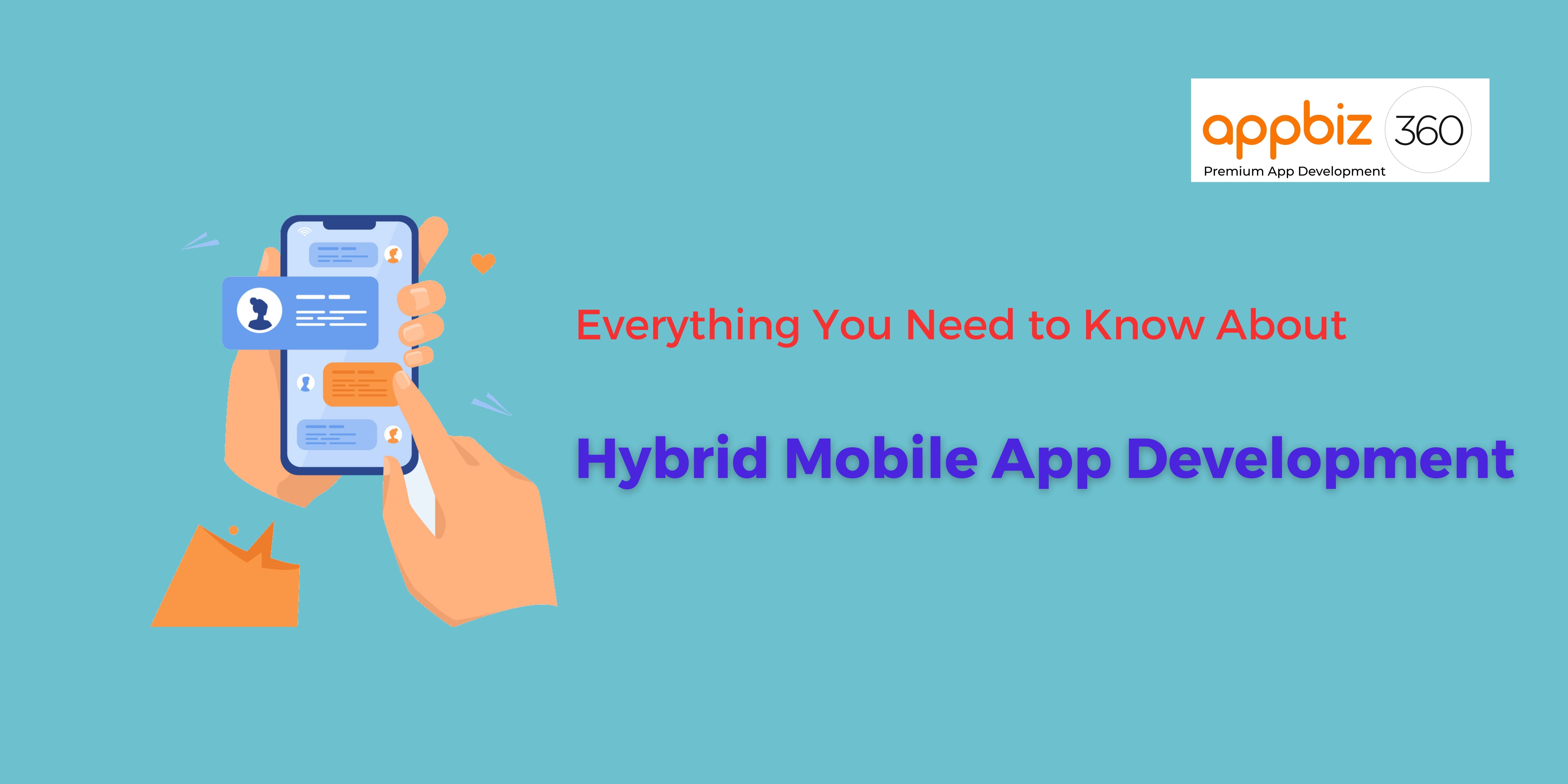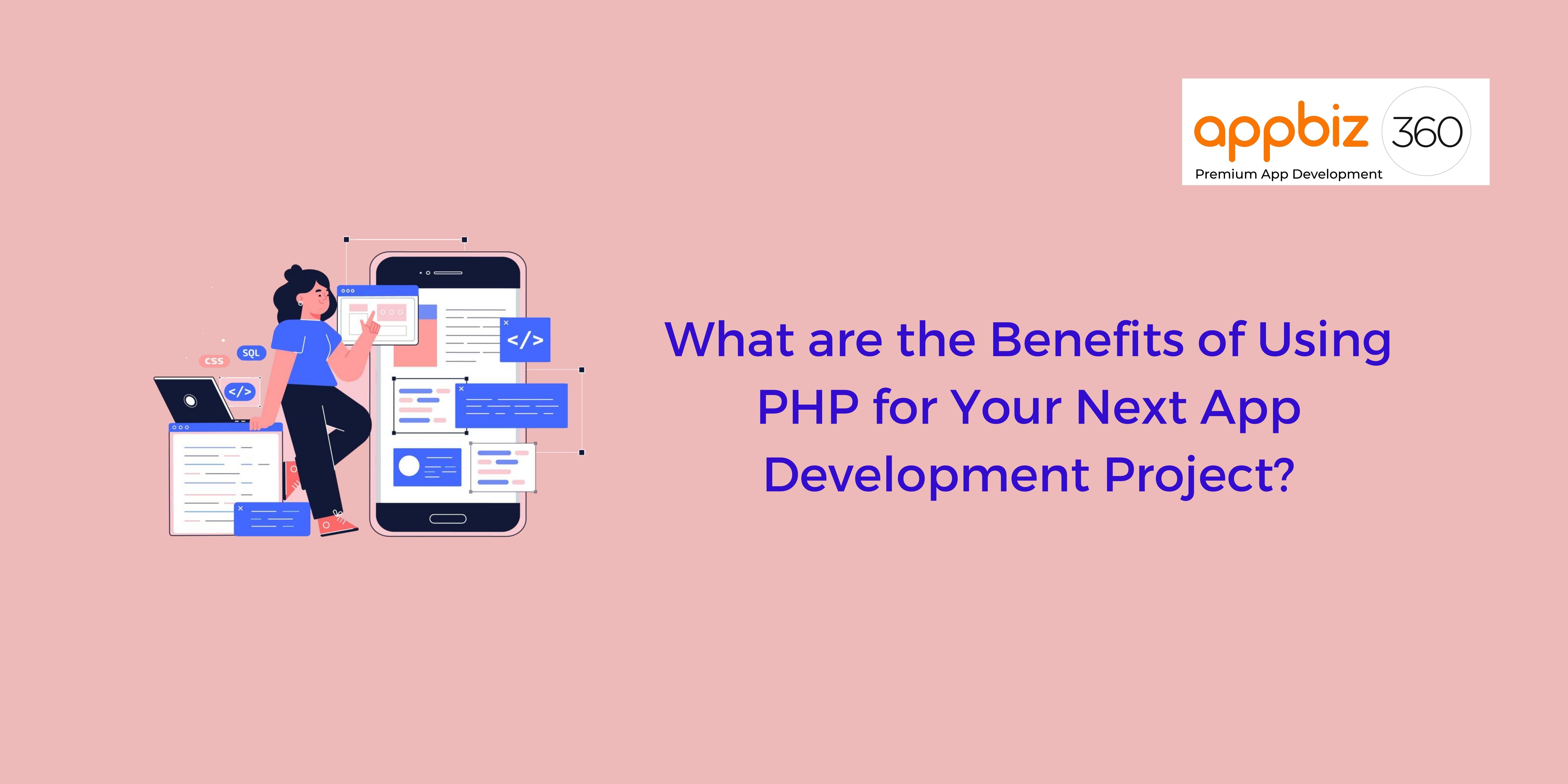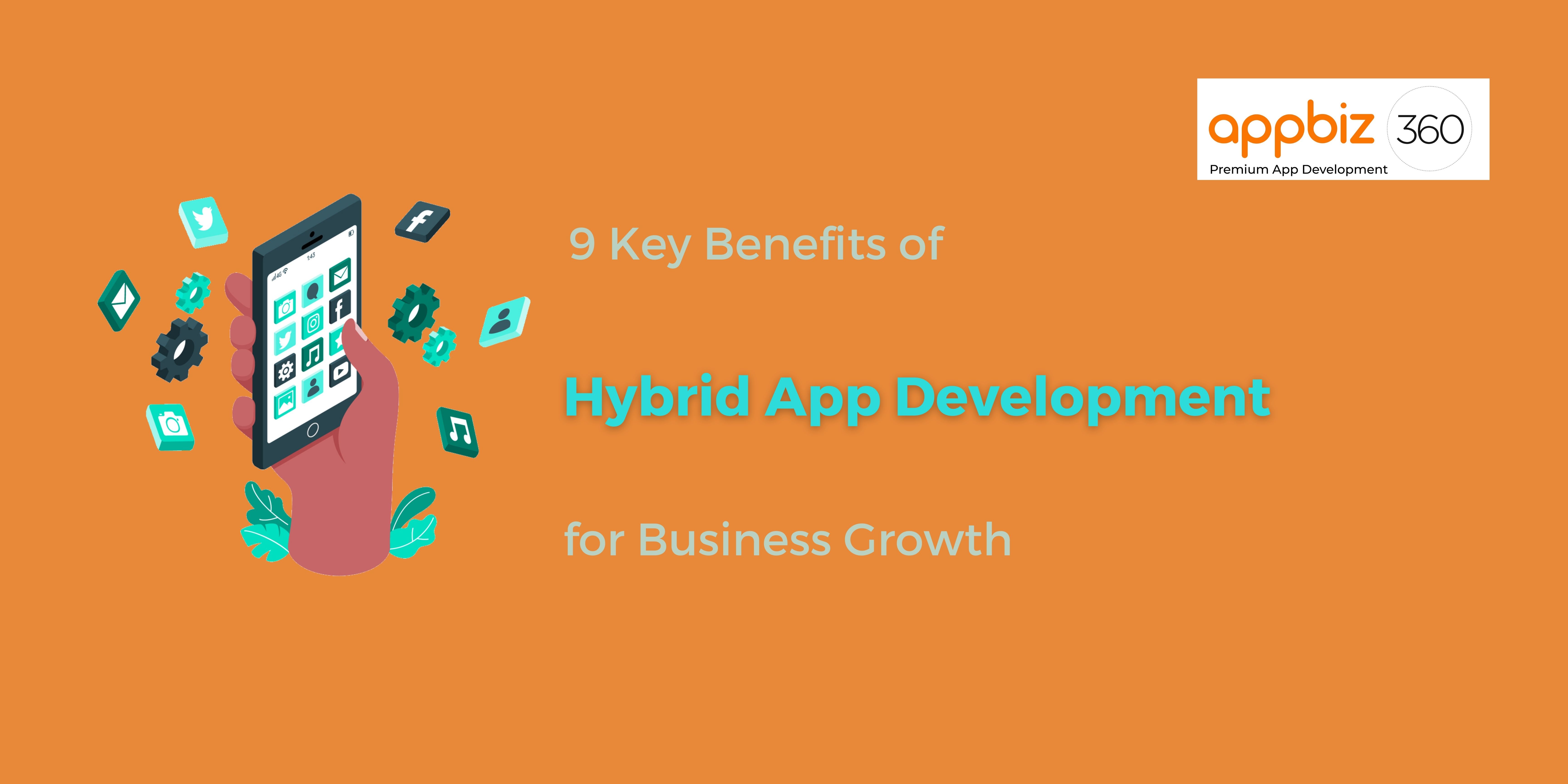Follow Us
Mobile App Development
Everything You Need to Know About Hybrid Mobile App Development

There is no question that the choice of mobile app development largely depends on diverse business needs and user expectations. While native and web-based apps have plenty of great benefits, hybrid mobile apps have gained tremendous popularity. It is due to their adaptability across a number of platforms to create apps providing consistent performance irrespective of the platform.
Aside from being competitively priced, hybrid applications make it somewhat faster to reserve a spot in the app store market. This is one of the reasons why businesses prefer using hybrid mobile app development services.
Through this blog, we will explore some of the most crucial aspects of hybrid app development to help you decide if it is the best approach you need to consider for your business.
What is Hybrid Mobile App Development?
Hybrid app development is all about building a single mobile app that’s compatible with diverse operating systems – Android and iOS.
Creating a hybrid application adopts an effective approach to write the code once, run everywhere to develop a mobile app. As well, it controls different plugins to enable unrestricted access to the features of the mobile device. Web technologies such as CSS, JavaScript, and HTML are the core of these applications while implementing a native container. Some of the most popular examples of apps that make customers take delight in them with their functionality, interface, and high performance include Gmail, Instagram, Twitter, and many more.
Why Choose Hybrid Mobile App Development?
Hybrid applications use shared code for deploying across a number of platforms – Android & iOS. It offers a great mix of both native and web apps. It provides a unique avenue for businesses for an application that works on diverse devices for expanding their business operations. It allows you to engage customers irrespective of the platform they are using. Regardless of you want a mobile app to attract or take photos, these app types will offer you a plethora of wonderful options.
What are the Top Benefits of Hybrid Mobile App Development?
Now, let’s take a look at the greatest advantages of how this mobile app development approach helps you take your business to the next level.
-
Enhanced UX/UI
One of the most significant benefits of hybrid app development is that hybrid mobile app development combines the advantages of native and web applications. It offers a seamless and consistent user experience across Android and iOS platforms. The lightweight hybrid app UI (user interface) helps in loading content as well as graphics swiftly. The applications adapt to various device screens for rapid data display and flawless data streaming. The outstanding UI experience gives a boost to the chances of the approval of the app at the app store.
-
Hassle-free Integration with Other Applications
As native applications run only on the same operating system, users find it challenging to make it work in harmony with other applications available. That’s because there will be a lack of inter-app interaction. But hybrid apps break free from such unwanted issues.
Hybrid apps have power to flawlessly incorporate with other applications, which seems to be a great advantage to top mobile app developers who would devote little efforts in integration. Since hybrid mobile apps seamlessly connect with the system environment of the device like native app operations, users won’t experience much friction while using hybrid app types.
-
Native Experience with Simple Backend
Even though native applications deliver great user experience, a hybrid app provides the most of what native UX offers along with keeping back-end structure uncomplicated. You can choose comprehensive development frameworks to create a hybrid app UX that stunningly connects to device-specific functionalities. This UX remains smooth while working on fixes as well as updates across every platform.
-
High-speed Performance
When it comes to speed and performance, native applications have set great standards. But there is no question of speed when building a hybrid app. There is no question that hybrid apps are pretty faster compared to mobile web applications or responsive websites. Since it does not have to rely much on network communication, a hybrid application is expected to run seamlessly and swiftly on device screen when there is a large amount of users.
-
Reduced Cost of Development
Using hybrid mobile app development services is comparatively low-priced and it gets the task carried out shortly than any web or native app. Cost effectiveness plays a very crucial role in helping businesses create and get their product to the market in no time. With the help of a set of different libraries and plenty of development frameworks, Xamarin and PhoneGap, hybrid app developers can enhance the development process.
-
Simplified Maintenance
A different web app, a hybrid application is designed to build use of all the features available in the mobile device. Native apps use the entire features of the device, having it maintained is pretty challenging for users. Developers have to come up with new updates in the form of new versions and users are required to update the application every time a new version is launched.
-
Offline Use
Just like hybrid applications, native mobile applications use the API of the device for storing some useful information offline. This can be considered a great advantage that’s delivered to customers looking to save money that is meant to be spent on data. However, some people have a poor connectivity with their mobile devices, and the offline usage capabilities associated with hybrid applications can influence them.
What are some of the Most Preferred Hybrid Mobile App Development Frameworks?
Listed below are some of the most preferred hybrid mobile app development frameworks.
- React Native
- Ionic
- Xamarin
- PhoneGap
- Flutter
How Much Does the Hybrid Mobile App Development Cost?
While there are numerous factors affect the mobile app cost, we can highlight the below-mentioned variables that would influence you a comprehensive cost of hybrid app development cost.
- Compliance requirements
- Time of development
- Geographical location
- Size and experience of the development team
- Learning curve
- Third-party API integrations
- Complexity of the app design and its scalability
With more than a decade experience in full-cycle mobile app development, appbiz360 – a leading Dallas based Web and Mobile App Development Company – can help analyze requirements of your project and opt for the right cross-platform framework for the mobile app development for your specific business needs.
Latest Posts
appbiz360 NEWSFEED
Sign up for the appbiz360 newsfeed by adding your email address in the form below:

















